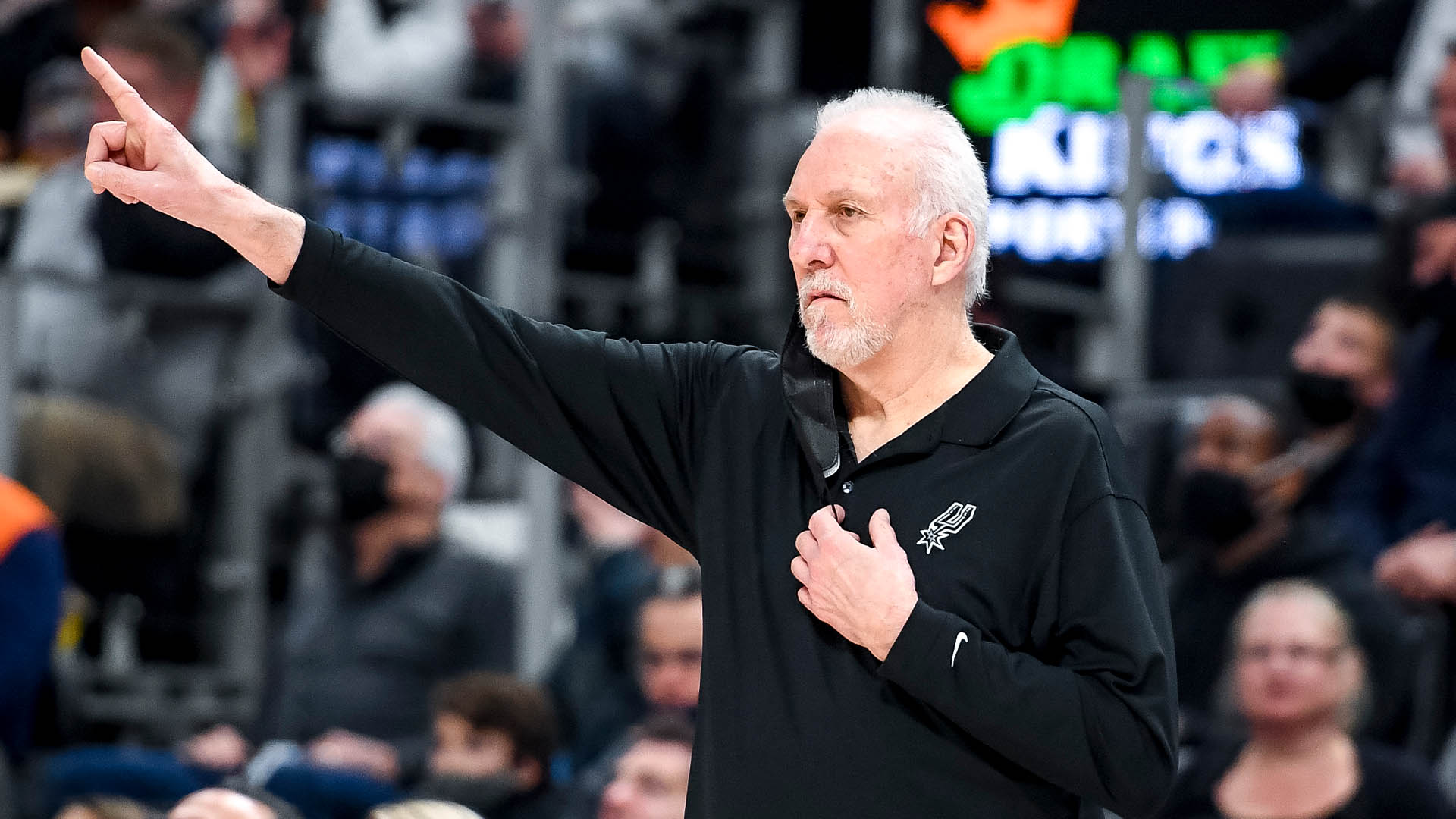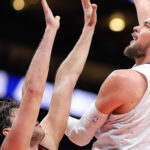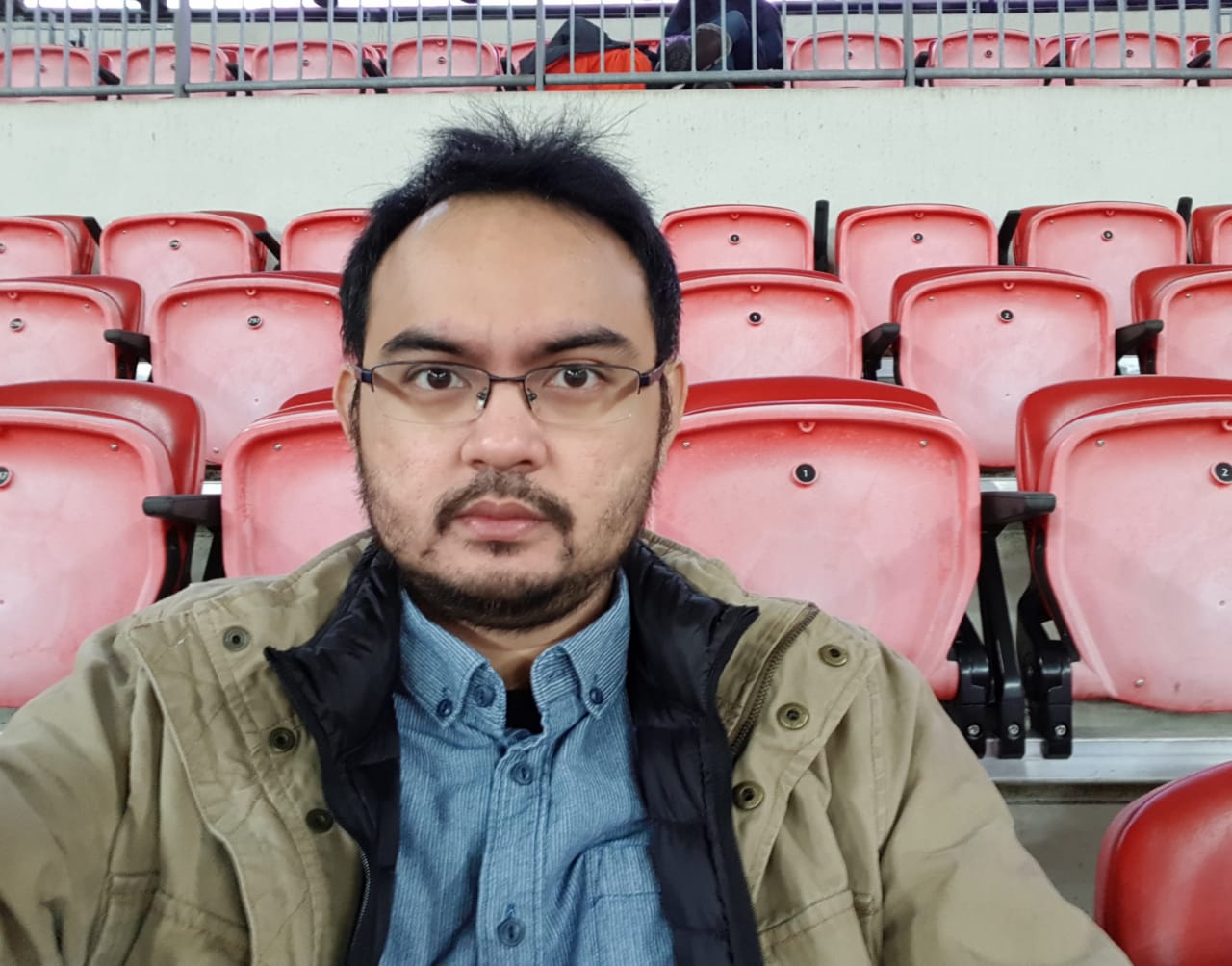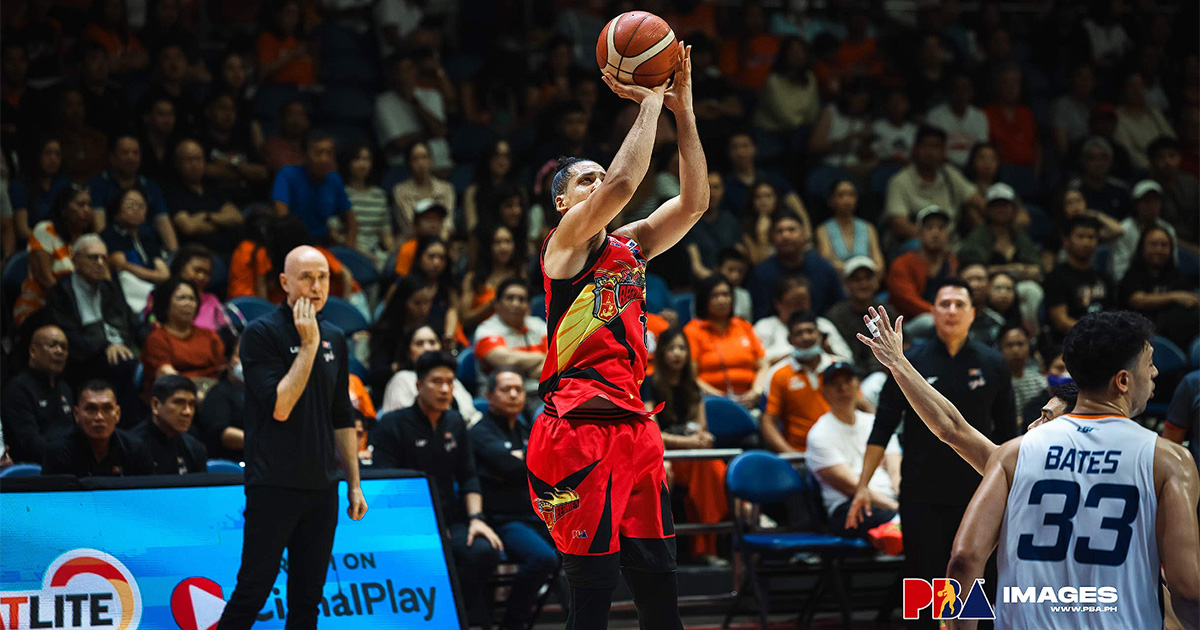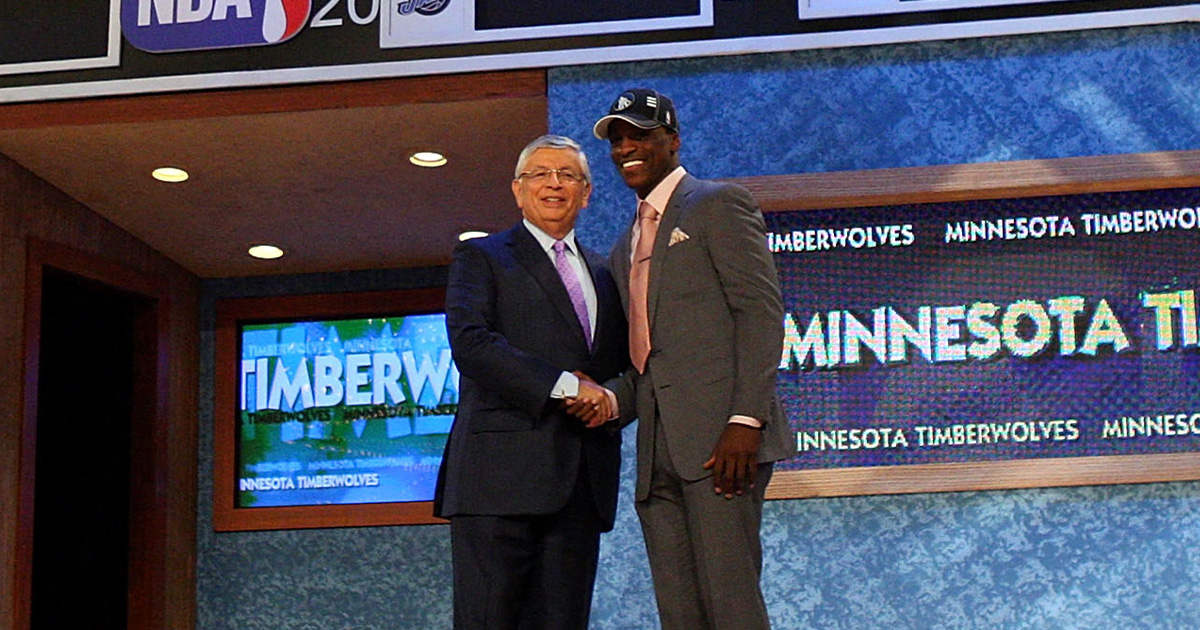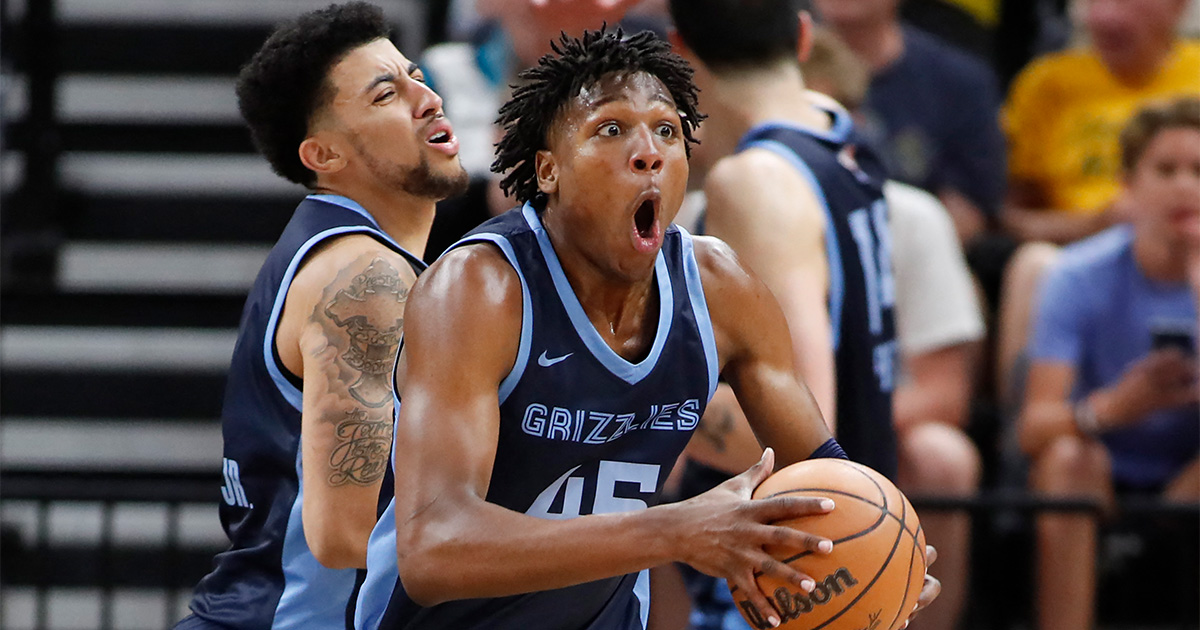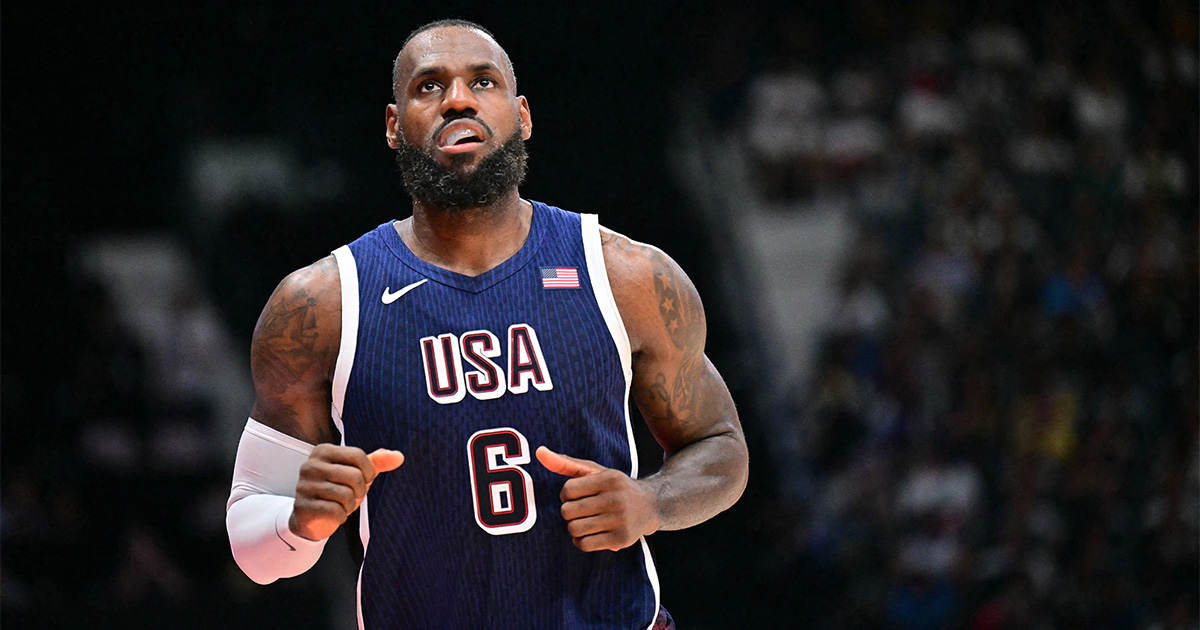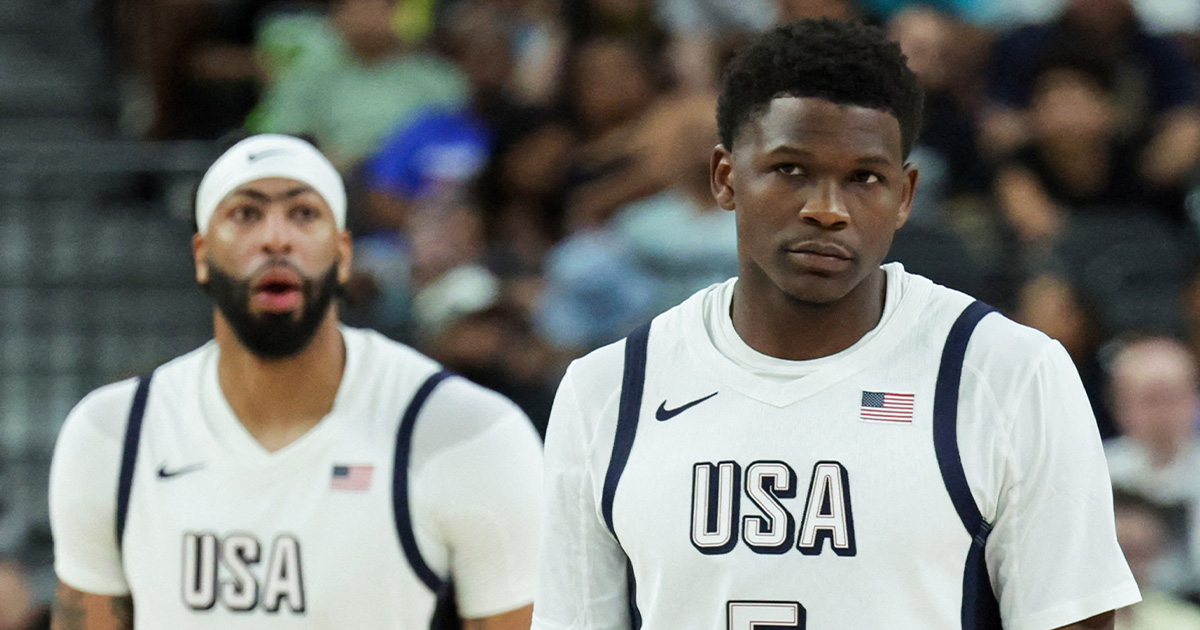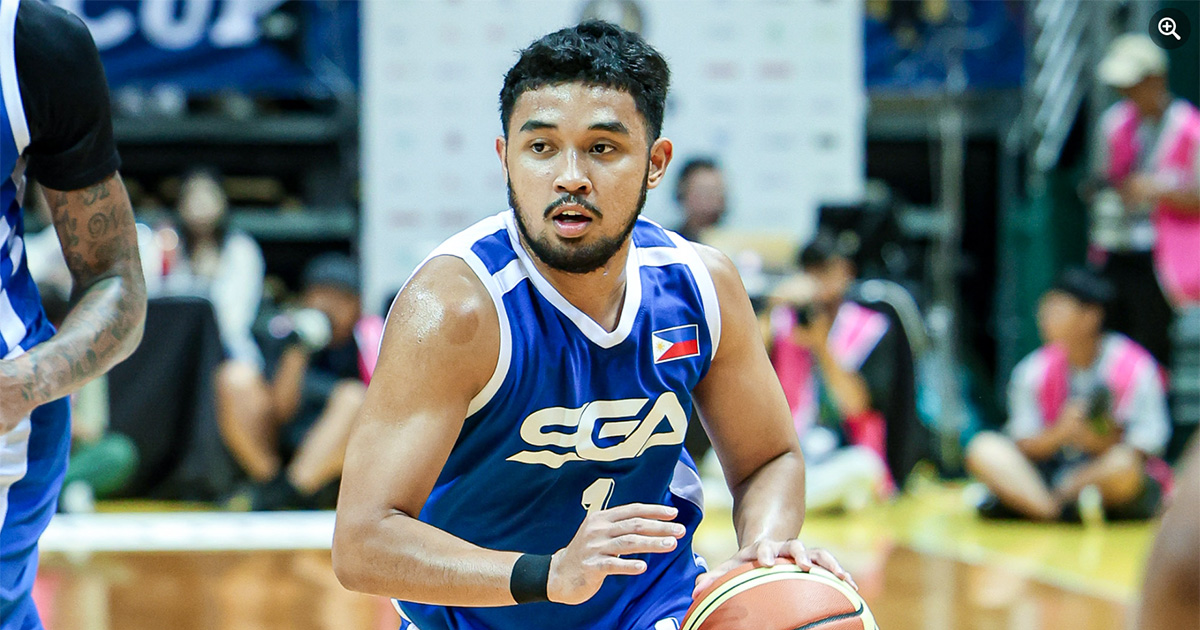1. Pop’s milestone
Spurs head coach Gregg Popovich became the winningest coach in NBA history after taking home his 1,336th regular season W against the Jazz last night.
He surpassed Don Nelson, best known as the brains behind the Run TMC Warriors and the Nowitzki-Nash-Finley Mavs (that team never had a proper moniker), despite coaching some 368 fewer games and five fewer seasons. Pop spent two seasons as Nelson’s assistant in Golden State before joining the Spurs as GM and VP of basketball operations in 1994. Nellie shared this heartfelt message to his former understudy after the milestone win:
Pop’s head coaching career started off with a total power (dick) move: while GM, he fired Bob Hill after a 3-15 start in the 1996-97 season. Seems totally understandable until you mention the fact that their superstar David Robinson missed the first 18 games, plus the Spurs averaged 60.5 wins in Hill’s two previous seasons in charge. It was puzzling at the time—The Admiral came back right after Pop took over but broke his foot after six games, sidelining him for the rest of the season—and the Spurs went 17-47 under Pop. That turned out to be a blessing in disguise as the losing record gave the Spurs better odds at the Tim Duncan lottery. The rest, as they say, is history.
Pop’s ability to adapt from a post-up-heavy “pound the rock” style of basketball during Duncan’s prime to a more modern free-flowing offense in Duncan’s later years was key to the Spurs’ prolonged success. We all know about the five rings, but the twin NBA records of 22 consecutive playoff appearances (the Kings still have some ways to go on the opposite direction!) and 18 consecutive 50-win seasons (could’ve easily been 20 were it not for the lockout shortened 1999 season) might never be broken and are testaments to how consistently great Pop kept this small-market franchise.
Pop’s fingerprints extend beyond the confines of San Antonio. The defending champs’ Mike Budenholzer was Pop’s top lieutenant for over a decade and a half. Steve Kerr, one of the top 15 coaches in history, played for Pop in San Antonio. As did Monty Williams of the league-best Suns, and also spent time as the Spurs’ VP for basketball operations right before moving to Phoenix. The Hornets’ James Borrego and Celtics’ Ime Udoka were Spurs assistants, too.

2. Coaching Mt. Rushmore
The all-time wins record is sort of the coaching equivalent of the all-time scoring record. Predictably, the “GOAT” hashtags came pouring in after the Spurs’ win. I hate how the term is casually tossed around by the Twitter generation, but it is what it is, so I have to keep it real: It’s impressive to have on the resume, but hardly decisive on any GOAT discussion.
I don’t think there’s much debate on who belongs to the coaching Mt. Rushmore. You’ve got Red Auerbach, Phil Jackson, Pat Riley, and Pop. But is Pop greater than the other three?
Pop definitely has the upper hand in terms of longevity. He has coached for 26 seasons and 2,030 games (and counting). Riley coached 1,904 games in 24 seasons, Jackson 1,640 in 20, and Auerbach 1,249 in 16. But longevity doesn’t equate to GOAThood in any sports debate. Jackson and Auerbach have more rings. Jackson and Auerbach have a better winning percentage.
I think Pop is ahead of Riley, but I’m not sure I’d put him over Jackson and Auerbach. I’m not saying this definitively as I would state that “Michael Jordan is the GOAT.” A big chunk of a coach’s job is done behind the scenes and the players are ultimately responsible for what happens on the floor.
But my sentiment as a long-time Duncan fan—I was a Spurs fan by extension—is that they should’ve won at least one back-to-back when Duncan was at the peak of his powers and more than capable of being the best player of any playoff series. Either in 2004 (Derek Fisher’s buzzer-beater) or 2006 (Game 7 OT loss to the Mavs) or 2008 (blown 20-point lead in Game 1).
The Spurs had a baffling stretch from 2009-2011 when they tried to pair Antonio McDyess with a late-prime Duncan and signed Richard Jefferson. Pop played a big part in those roster moves. I liked McDyess, but he wasn’t the same player after injuring his knee in 2002—some seven years before the Spurs brought him in. That basically left Duncan with no legit title shot for three years, including an embarrassing loss to the eighth-seeded Grizzlies in 2011.
Then there’s the WCF meltdown in 2012 against OKC after steamrolling through the first two rounds of the playoffs. And of course, the disastrous end to Game 6 of the 2013 Finals (that one still stings, the 2014 revenge title notwithstanding).
I’m thankful that Pop helped Duncan win five rings, but it felt like he left some things—a couple of titles and Finals MVPs here and there—on the table. That’s why I couldn’t get on the Pop is GOAT train.
3. Four-tenths
Derek Fisher making a 0.4-second shot in 2004 was beyond Pop’s control; losing the next game partially was. But just the same, that shot shouldn’t have counted.
Not because the ball didn’t leave his hand on time, but because the clock operator was late in starting the clock. Time should’ve run as soon as Fisher caught the ball, not when he landed on the floor. Fisher acknowledged as much in 2018. Here’s an in-depth analysis, though I disagree with the relevance of the author’s epilogue.
The only possible way, one that abides by the laws of physics, is by catching the ball mid-air and releasing it all in one motion. How? Ja Morant did it two weeks ago:
Against the Spurs.
4. Throwback video of the week
The most memorable Pop moment for me was his “I want some nasty” speech in Game 1 of the 2012 WCF against OKC. It felt like Pop’s own Rudy T. moment.
They won that and the following game to go 10-0 in the playoffs. People tend to forget, but that might have been the most dominant playoff stretch for the Spurs between 2012 to 2014. They won their first round series against Utah by an average of 16 points and dominated the Lob City Clippers with a 10.5-point winning margin.
Unfortunately, they never won another game as OKC came back from 2-0 down. In hindsight, it probably worked out for the best (for me, not for Pop and the Spurs); I was reviewing for the bar at that time and a Finals run would’ve cost me an extra three weeks.

